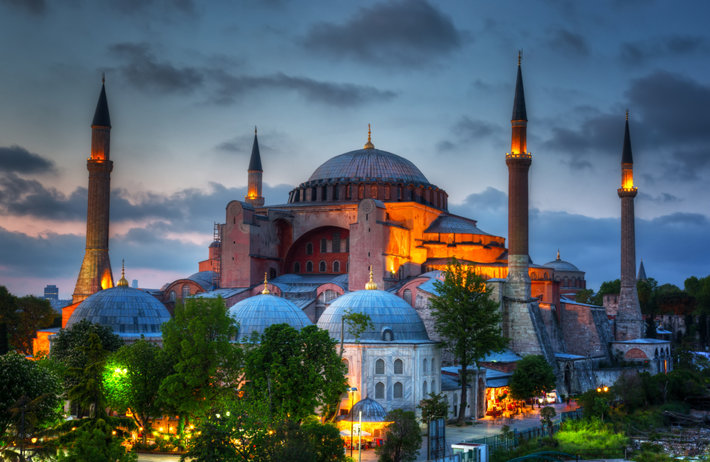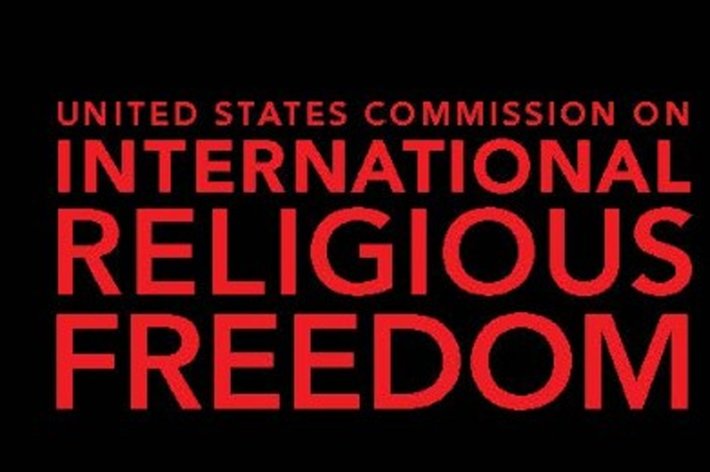Turkey has launched an “e-Government Gateway” system, ostensibly to “offer public services to citizens, businesses, and government agencies in an efficient and effective manner through information technologies.”

However, International Christian Concern (ICC), a nonprofit opposed to the persecution of Christians worldwide, has expressed concern over a new feature on the website, allowing citizens to change their religion online. On its surface, this appears to be an improvement.
“Previously, citizens in Muslim-majority Turkey were required to apply to the General Directorate of Civil Registration and Nationality to switch their faith and have the change reflected in their official government records,” the report states. However, the ICC is concerned this may offer new opportunities for discrimination.
According to their report, the Turkish government removed religious affiliation from citizens’ identification cards. But other official documents in Turkey still require that information, which poses thorny challenges for Christians. For one, being a Christian makes it harder to find employment, states the ICC report. And Christian Turks and those of Armenian, Greek and Assyrian heritage continue to “face rampant discrimination.”
The article, published in The Conversation, notes: “In the 2000s, the status of Christians improved, thanks to Turkey’s efforts to join the European Union. Erdoğan’s Justice and Development Party won 2002 elections, and used Turkey’s European Union membership bid as an opportunity to expand political and civil freedoms.”
However, “Erdoğan reversed the liberal policies that he once initiated and took a populist authoritarian path.”
The article cites the arbitrary arrest and two-year incarceration of U.S. pastor Andrew Brunson, who was released only after the U.S. intervened in October 2018. It also points to Erdoğan’s plans to convert the Hagia Sophia, which has served as a museum since 1934, into a mosque.
In its 2020 annual report, the U.S. Commission on International Religious Freedom recommended that the U.S. include Turkey on the Department of State’s Special Watch List for engaging in or tolerating severe violations of religious freedom pursuant to the International Religious Freedom Act (IRFA). It stated religious freedom conditions in Turkey are “worrisome, with the perpetuation of restrictive and intrusive governmental policies on religious practice and a marked increase in incidents of vandalism and societal violence against religious minorities. As in previous years, the government continued to unduly interfere in the internal affairs of religious communities.”
The USCIRF further urged the U.S. government “in all meetings with Turkish government officials” to “press at the highest
levels for the reopening of the Greek
Orthodox Halki Seminary and for the
Turkish government to comply fully with
ECtHR rulings on freedom of religion or
belief.”
From its beginnings, the Church of Scientology has recognized that freedom of religion is a fundamental human right. In a world where conflicts are often traceable to intolerance of others’ religious beliefs and practices, the Church has, for more than 50 years, made the preservation of religious liberty an overriding concern.
The Church publishes this blog to help create a better understanding of the freedom of religion and belief and provide news on religious freedom and issues affecting this freedom around the world.
For more information, visit the Scientology website or Scientology Network.


